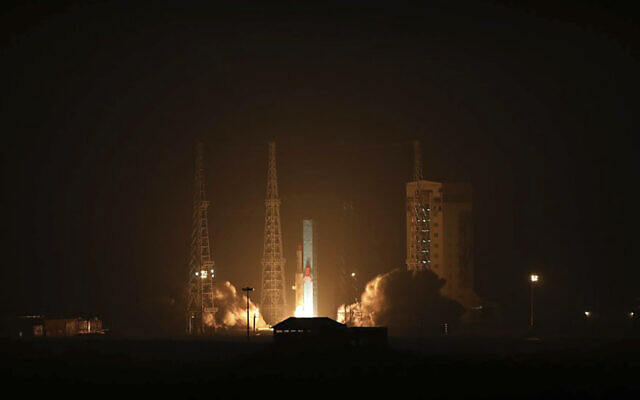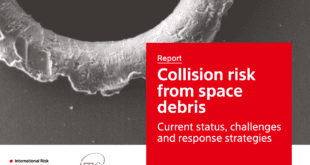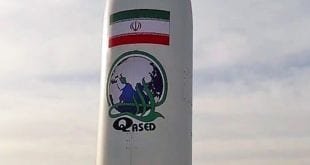
Ibadan, 29 January 2024. – Iran launched three satellites, Kayhan-2, Hatef-1, and Mahda into space on Sunday to a minimum orbit of 450km (280 miles). Kayhan-2 and Hatef-1 are nanosatellites that Iran will use to evaluate narrowband communication and geopositioning technology. However, the much bigger Mahda satellite will help the nation test the accuracy of its Simorgh rocket in delivering multiple cargoes to space.
In addition to increasing Iran’s ballistic capabilities, the successful launches may have also increased regional tensions in the Middle East. For example, the U.S. intelligence community’s 2023 worldwide threat assessment noted that the development of satellite launch vehicles “shortens the timeline” for Iran to develop an intercontinental ballistic missile because it uses similar technology. The report also specifically cited the Simorgh rocket, which launched the three satellites, as a possible dual-use rocket.
A week before launching the satellites, the Aerospace Force of Iran’s Islamic Revolution Guards Corps (IRGC) also announced the launch of the Soraya satellite into orbit, about 750 km above the Earth’s surface with its Qaem 100 satellite carrier. However, this also drew Western criticisms for the same reasons.
The US State Department commented about the satellite launch “We have long made clear our concern that Iran’s space launch vehicle programs provide a pathway to expand its longer-range missile systems. We continue to use a variety of nonproliferation tools, in coordination with our allies and partners, to counter the further advancement of Iran’s ballistic missile program .”
Prior to these set of launches, The United States had previously said Iran’s satellite launches defy a UN Security Council resolution. However, these UN sanctions related to Iran’s ballistic missile program expired last October.
 SpaceWatch.Global An independent perspective on space
SpaceWatch.Global An independent perspective on space




